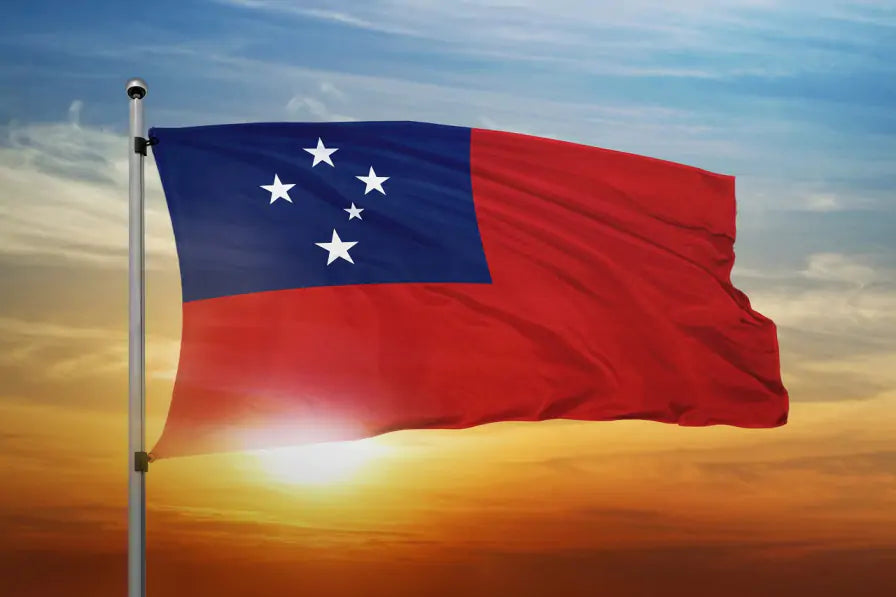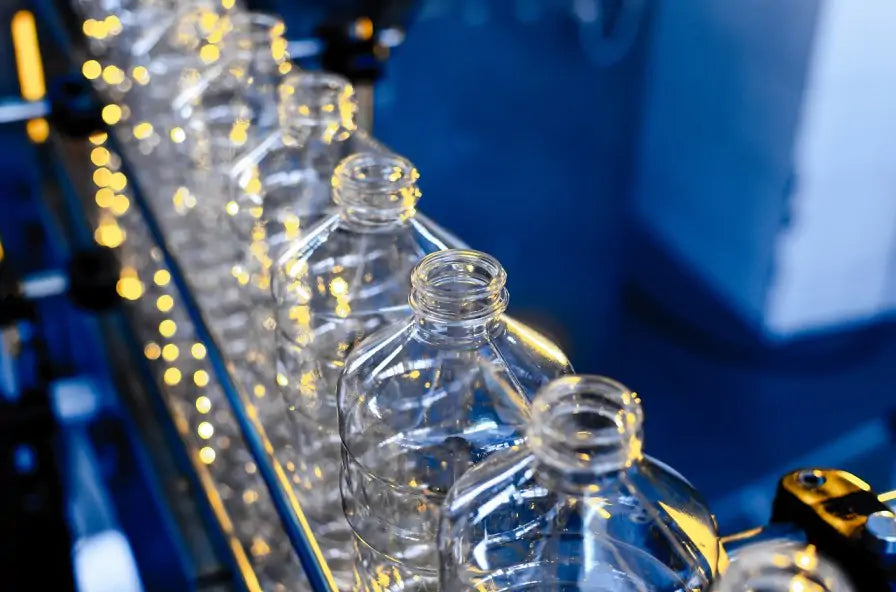Your basket is currently empty.
Shop NowRecycling Around the World A-Z: Western Samoa

Recycling Around the World A to Z
Western Samoa
The pacific island of Samoa is dealing with a growing problem of junk cars and plastic bottles being dumped. Recycling companies do operate on the island, but they don’t have the machinery necessary to deal with the large volumes of material.
Around 60% of the waste Samoa produces is organic, and is recyclable.
To tackle the problem of plastic bottles, a deposit return scheme is being considered, where importers of plastic containers would pay a levy on them, which would be passed onto consumers. Consumers would then receive a refund if they returned the container for recycling.
Deposit return legislation has already been implemented on other nearby islands such as Palau and Yap, where over 37 million containers have been recycled.

Current issues in Samoa
Like many small islands, Samoa has problems such as high population density, limited land space, and a lack of resources to properly implement and manage a sound waste management strategy. Also, a large volume of tourists brings with it a large amount of waste, which further compounds the problem.
Waste management
In Samoa, there is a lack of adequate waste treatment. There have been attempts to reduce the amount of waste produced, but waste separation and recycling is not fully implemented. However, there are existing schemes which focus on recycling cans, and separating organic materials for composting. Recycling is beyond the financial reach of many of the authorities on the island however.
Waste is largely disposed of by being sent to landfill or incinerators, or sometimes it is simply just dumped on open land, which means that waste is leaching into waterways which causes a health hazard, pollution, and harm to wildlife.
Incineration is commonly used for the disposal of medical wastes, unused chemicals, and other combustible hazardous materials. Sometimes, these are burned in open areas, so there are no filters for pollutants or for treating the ashes. On small islands like Samoa, incineration is often the only viable waste disposal method, but it causes large amounts of pollution and it is costly.

Industrial waste
As is the problem on many islands, there are no proper facilities for storing and disposing of industrial waste. Industrial waste is often dumped in the same way as regular waste.
Most of Samoa’s industrial waste comes from fishing, manufacturing, mining, and agricultural industries like sugar or rum production.
Samoa also generates hazardous wastes, which come mainly from chemicals, medical waste, and heavy metals. These are usually incinerated, buried, or dumped at sometimes uncontrolled sites.
Lack of waste management regulation
Because there is a lack of legal infrastructure in general, sometimes waste management issues are dealt with via public health acts. Waste management is not high on the authorities’ list of priorities. Efforts have been made to educate the public about waste management and recycling however, and this has struck a chord with younger people in particular.
Areas of progress
- In Samoa, it is not waste management planning that is lacking, rather the implementation of plans. A regional waste minimization, management, and pollution prevention programme, organised by the South Pacific Regional Environment Programme (SPREP) has been proposed and agreed to by all Pacific island countries. The programme aims to implement strategies for the monitoring and control of land pollution.
- Small islands don’t generally have the capacity to deal with toxic waste, or oil waste, but some countries like Papua New Guinea and the Marshall Islands, have developed a recycling process for waste oil, where it is purified then blended with fuel. A local private company in Samoa has established a recycling system for oil from local garages.
- There are no completely sanitary landfills in Samoa, but there are plans for improving existing landfills or building new ones. There is still a considerable lack of finance, infrastructure, and a lack of land however.
- The Global Programme of Action for the Protection of the Marine Environment from Land-Based Activities is being launched by the United Nations Environment Programme (UNEP). The programme will aim to protect oceans and other waterways from sewage, oils, and litter pollution.
- The United Nations Environment Programme has also helped Samoa to draft legal frameworks to enforce environmental legislation, including that on waste management.
Planning for the future
The Global Programme of Action is giving priority to these key areas to help Samoa develop a sound waste management strategy in the future;
Improving the management of landfill sites
Managing landfill sites better by implementing technology, introducing levies, and closing sites which pose a particular threat to the environment and to human health.
Separating waste correctly at its source
Work will be done to ensure industrial waste is separated from household waste, and that it is properly disposed of.
